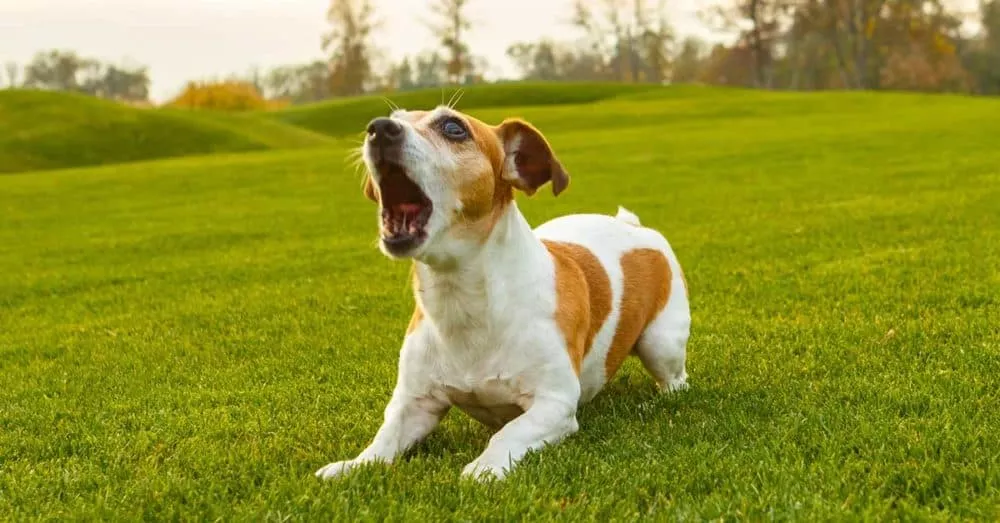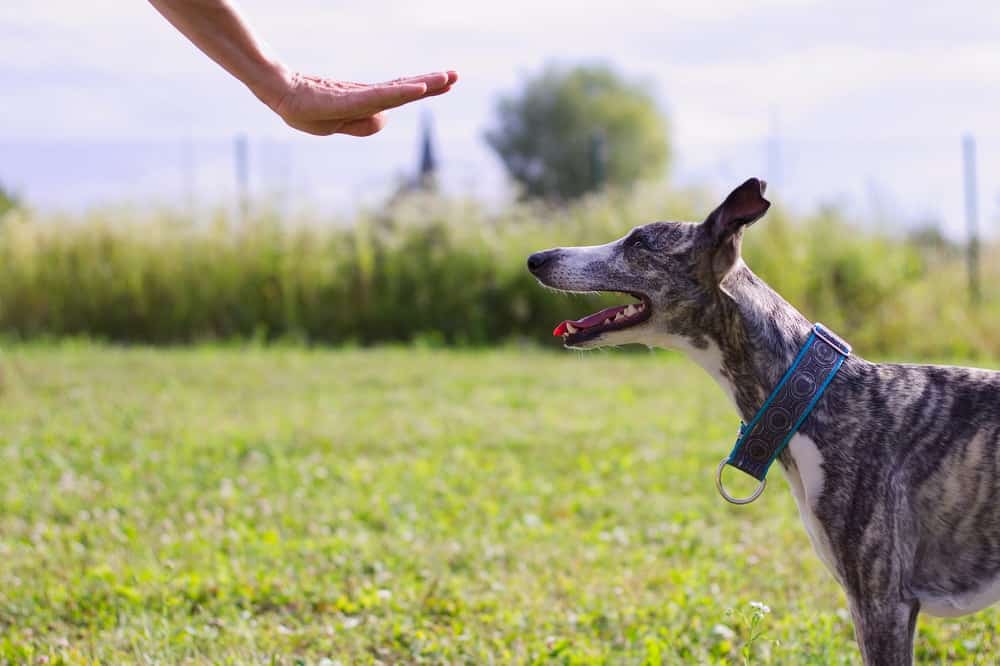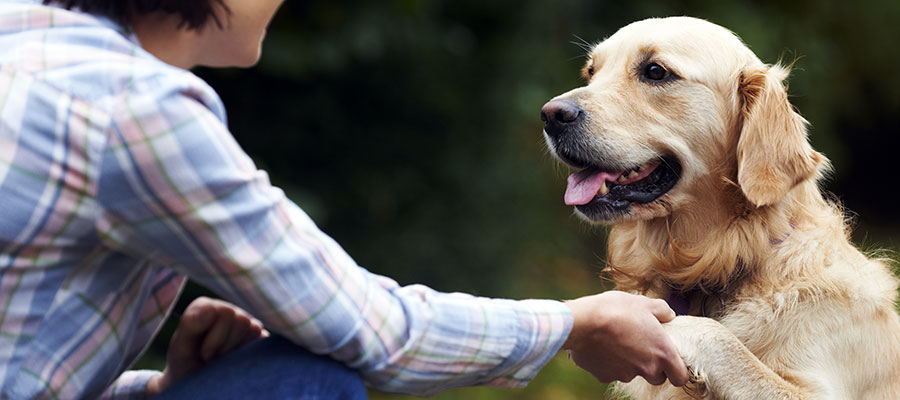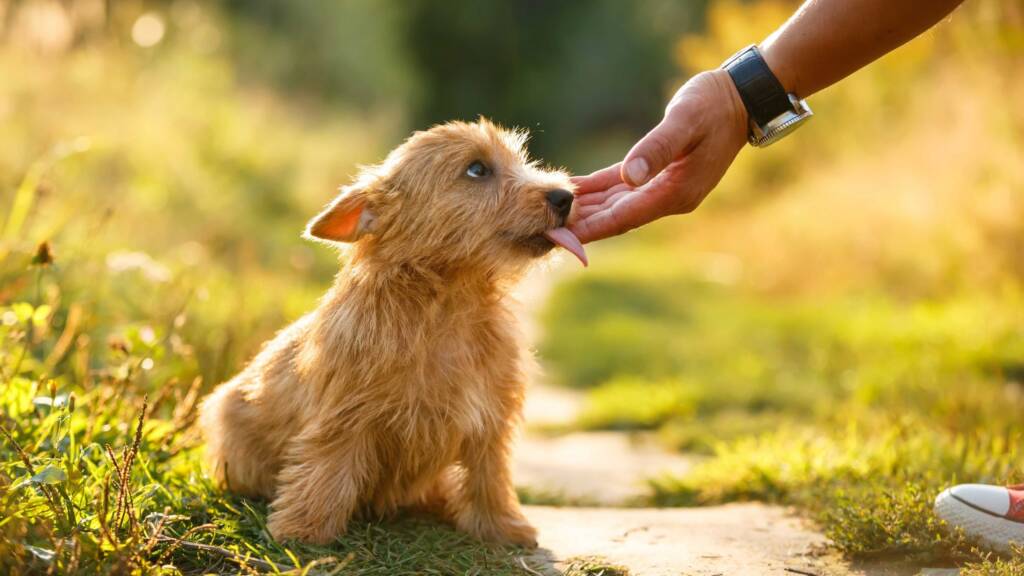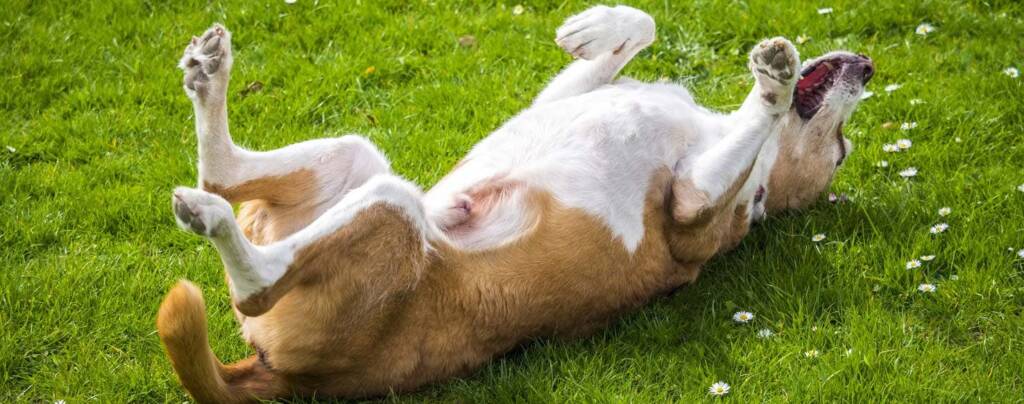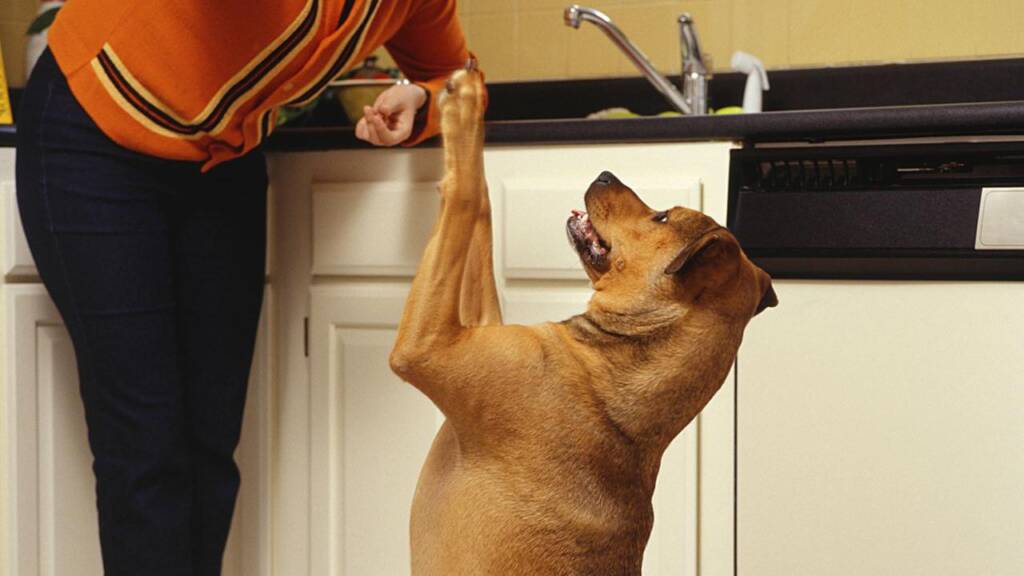Train your lab puppy not to bite: Although Labrador Retriever puppies are playful, sometimes, they can get carried away and bite you or your staff if they get carried away too much. In that case, you may want to seek out methods for avoiding the pup biting, and you will search for methods to help you with that.
It will be the purpose of this article to focus on what you can do to teach your Labrador pup to stop biting others by learning what they can do.
My Lab puppy bites. Why?
There are a variety of reasons as to why your puppy will bite and look frightened. It could be because they feel threatened, want to protect what is theirs, are frustrated, or lack physical activity. There is also the possibility that this is just their way of showing affection or playing to entertain themselves, or that they feel bored.
In the meantime, it ought to be noted that a light nip can quickly become irritable and even painful if ignored.
Can the biting get worse?
The answer to that question is unfortunately yes. It is important to remember that three things can make your Lab puppy tug even harder on what they are already biting on attention, excitement, and having a poor bite inhibition. It seems Labrador pups like to receive a lot of attention. Therefore, when you give it to them while they are biting you, this reinforces their biting behavior, so we encourage you to give it to them.
Lab puppies also tend to bite more when they are feeling excited, so this could also be a contributing factor. They can become overly excited when things such as rough physical play, chasing after them, or noisy behavior occurs. If, on the other hand, your Labrador Retriever puppy cannot help but cause hurt to you when they bite hard, they might have a hard time controlling the amount of force they apply as they bite.
Is my Lab puppy teething if he bites so much?
A puppy Labrador Retriever may nip or chew to relieve the discomfort they feel as the result of teething, and this behavior does not happen very often. It is still true that teething is not the major cause of this behavior. The majority of pet owners associate dog biting problems with teething when in reality, the majority of dog biting problems can simply be attributed to playing with their dog for a short period.
If you are looking for another way to soothe your Labrador Retriever pup’s gums when it becomes teething, you could consider giving them a lot of soft toys to bite on when they’re teething to help soothe their gums. The following will provide you with more information about what you need to know about Labrador toothache.
How can you train your lab puppy not to bite?
What should you do if your Labrador Retriever puppy bites you? What should you do if your puppy bites you? The first thing you should do is move your hand in the direction of the pup. It is not necessary to make a move towards his hand, if he does not move towards your hand, answer with “yes” and bring him a treat.
Please repeat this exercise until you are confident that your Labrador is no longer biting as hard as it used to and is no longer in the habit of biting as much as before.
What else you can do to Train your lab puppy not to bite
1. Let them chew on something.
This is one major reason why your dog could love to chew on things so much because he doesn’t know what other things he can chew. If you did not teach the kittens what they can and cannot bite, you cannot expect them to know it on their own, since you have not taught them.
To deal with the constant nipping and biting of your dog, you should provide her with plenty of toys during playtime so that she can chew on them. You can get several different types of tugger toys so that your puppy can enjoy playing with you while biting.
To ensure that the toy can fit in their mouth without being too small, make sure that it is not too small. Do not let them accidentally choke on their toys by making sure that they are not too small. It is also recommended that you avoid buying plush toys for your child. Despite being such a strong breed of dog (even after their puppies age), Labradors are easy to tear through soft toys and eat them, so they can easily tear through these toys.
2. Be sure to reward appropriately.
You may unknowingly be encouraging your dog to bite things they should not bite if you use treats to distract them from biting what they shouldn’t bite. To prevent this from happening, you need to learn how to reward them appropriately.
3. Redirect them if necessary.
The first thing you need to do if you want your puppy to stop biting things they should not be biting is to replace the biting object with something else that they can bite. They will more easily understand which things they are allowed to bit and which ones they are not allowed to bite. However, you should make sure to give your puppy Labrador new toys now and then, because they can get bored if they play with the same toys for too long.
4. Pretend that you are in pain.
There is a possibility that your puppy will not always hurt you when it bites you. Nevertheless, if your Lab does not understand that it is not too late to continue biting when they are adults, they may suffer from much more painful problems. If you can show them that what they are doing is hurting them, they will stop biting you. This is because they are loving and empathetic dogs.
As an example, if your puppy jumps on your head and nips you, you can say ouch loudly or pretend to be a puppy and cry (even if it does not hurt). The funny thing is, that while you may look silly while you are doing this, it teaches your Lab puppy that their bites can be quite hurtful to humans. When you cry and look apologetic, you will find that most puppies will immediately show concern and be receptive.
The puppies tend to lick the area that they have bitten after you show them that it was painful, letting them know that from here on they should be more gentle with you. To remind them that bites can hurt, you can try this method a few times to make sure that they are aware that bites hurt.
5. Avoid rough play.
Although you may enjoy roughhousing with your dog, you may not realize that you are encouraging them to bite you when you do it. The overexcitement that they might feel when playing rough can result in them biting someone, as they won’t realize that what they are doing is not good for them.
6. Have them go through lots of exercises.
Laboratories get bored easily, and they have a lot of energy. This energy will be lost if they do not use it, so they will find other ways to dispose of it somehow.
7. allow your Lab puppy to socialize.
As an exception, your puppy may bite someone when they are scared and maybe scared of us, if they are not used to other people and dogs. Therefore, if you want to train your Lab puppy to stop biting people after being raised by you, you must make sure that your Lab is socialized with other animals and with people. Puppyhood is the period when you want to make sure your pup gets enough socialization, so it’s important to make sure he gets as much as he can.
Your Lab puppy will feel more comfortable if you slowly introduce him to other people so he will feel more comfortable interacting with them. Don’t let these new people force your dog to interact with them. They may physically hurt your dog if they force your dog to interact with them. For us to avoid any possible complications, I believe that it is best to introduce new dogs to our Lab in a public setting. If you introduce an unfamiliar dog into a home, they may become territorial and even aggressive you introduce an unfamiliar dog into their home.
8. Have them go through obedience training.
Every dog should undergo obedience training to become a well-behaved pet. For them to listen to you, even when there is some distracting activity, they need to learn how to do so. There must be consistency in teaching them how to listen to you, not only when you train your Lab puppy not to bite you but also when you train your dog not to attack any objects.
Your puppy’s main problem may be biting. Then you should focus on teaching them to “stop” and “drop it” until they do so without hesitation till it becomes second nature to them. Remember to remind them of the commands every so often so they won’t forget. commands occasionally so they don’t forget.
In conclusion
Nothing is surprising about dogs biting, especially when they are excited, scared, or feel protective, it is in their nature.
As a result, you can follow the above tips to help you train your Lab puppy to stop biting by following these guidelines.
When should Lab puppies stop biting?
Why does my lab bite me so much?
Biting is also a natural trait in Labrador Retrievers. These dogs are hard-wired to chase after prey, put it in their mouth, and carry it back to their owner. As such, Labs are mouthy and love to have something in their mouth, be it your fingers or a toy.
How do I get my 8 week old Lab puppy to stop biting?
Your job is to teach them when they bite down on you, the fun stops. Ignore them for about a minute, then return and resume the play and praise them when they focus on the toy. If they bite you too hard again, repeat this process. If the pup follows after you and initiates play, leave the room so they can’t follow you.
How do you train bite inhibition?
Work on bite inhibition only when your pup is calm and you have time to sit on the floor and play gently. If the pup bites too hard, yelp. If he backs off, reinforce with calming pats and more interaction. If he gets too excited and bites harder, end the game immediately.
